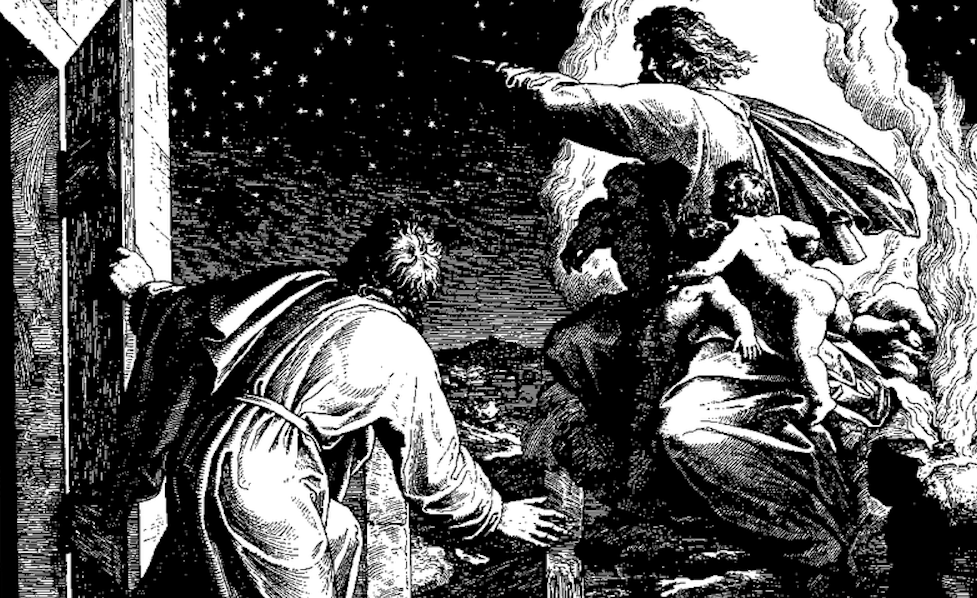Only a few paragraphs into Genesis and the age-old tensions between the individual and society are already beginning to emerge. The story begins with one Individual formed in the image of God, with individual dignity and worth. Yet it is not good for man to be alone and the first community is formed. By the hand of God someone once singular was made plural, then joined right back together again by a covenant and a command to remain one and yet multiply. This beautiful, albeit enigmatic tension was born, then asked to birth more. And in one bite followed by another, individual choices were made that led not only to individual and immediate consequences, but societal and far-reaching ones. The very tension woven by its Maker, seemingly unraveling beyond repair. Yet it remained. Wrought with enmity, but commanded to carry on.
Login to read more
Sign in or create a free account to access Subscriber-only content.
Topics:
